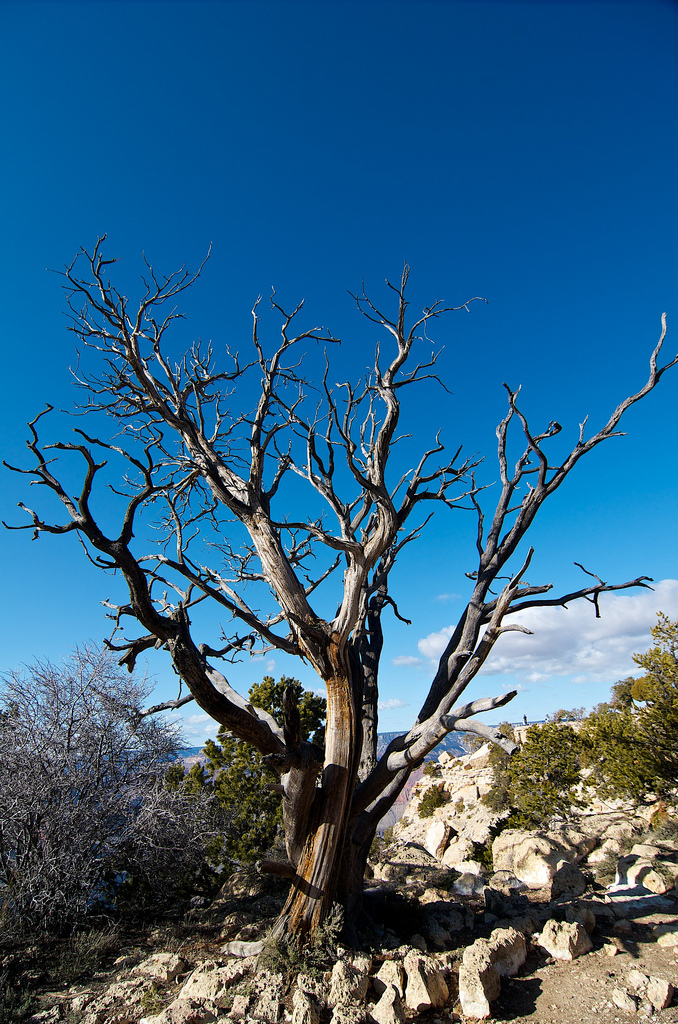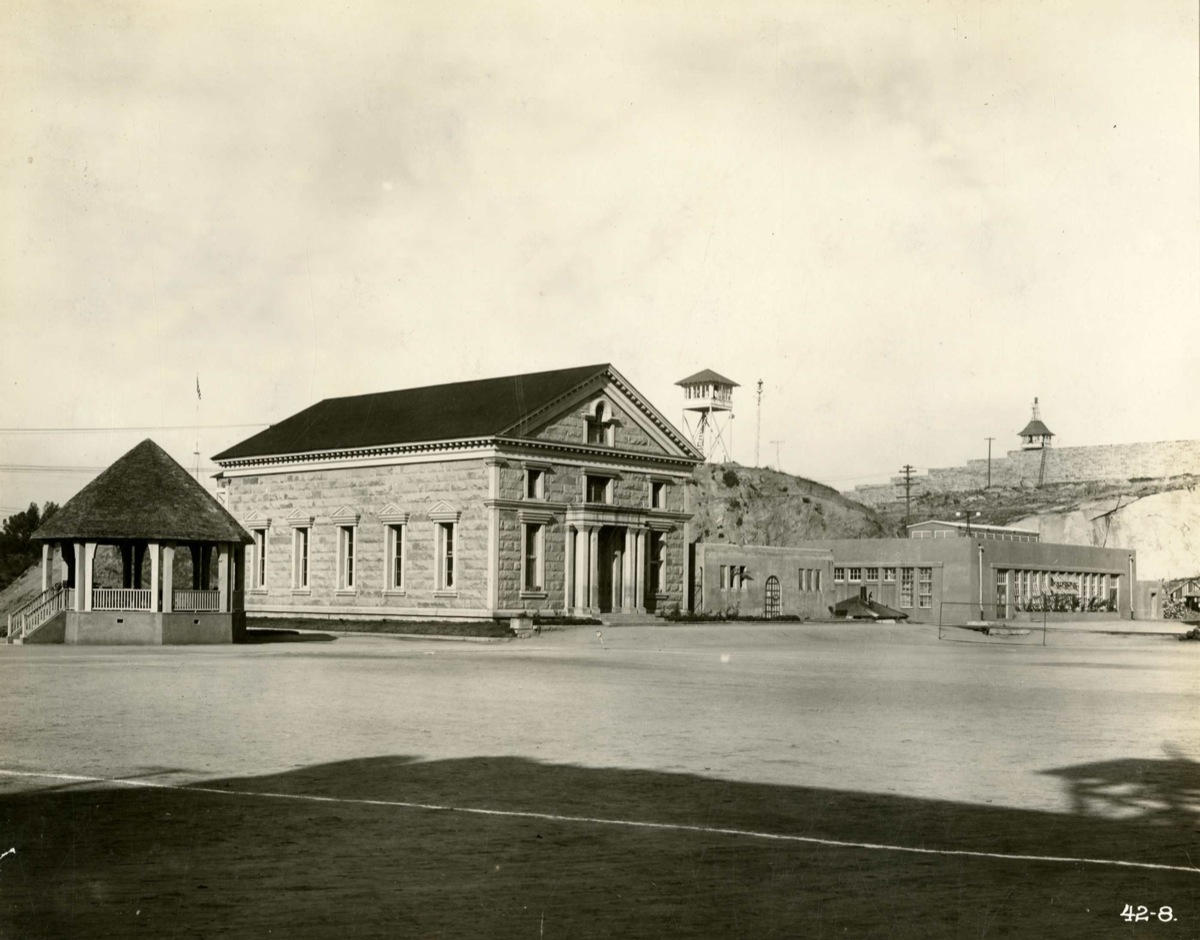Others have posted about their papers having been accepted at SBL (e.g., here and here and here for links to others as well), so I thought I should post about my future SBL doings.
I am Chair of the Aramaic Studies Unit, but I also submitted a paper to a new session and something different: “Teaching Biblical Literature in an Undergraduate Liberal Arts Context.” Since I have been doing this for all of my professional teaching career, I thought I would submit a paper. My title, “‘God is not in this classroom’ or Reading the Bible in a Secular School” is from a regular comment I make in class as I point out that we will not dis/prove miracles, etc. but will instead focus upon the text as literature and, where appropriate history. I am particularly interested in Dr. Everhart’s paper, “Service Learning in Undergraduate Biblical Studies Courses,” since Tulane is now requiring Service Learning from all our students and I have yet to be able to wrap my ahead around how my Second Temple Judaisms course can have a Service Learning component!
Below is the schedule for both the Aramaic Sessions and the Teaching Biblical Literature session.
Aramaic Studies 1
Mishnaic and Targumic Aramaic
Aaron Koller, Yeshiva University
The Aramaic of Hillel (30 min)
Moshe J. Bernstein, Yeshiva University
Nabal in the Aramaic Versions of the Bible: Morally or Intellectually Deficient? (30 min)
Douglas M. Gropp, Catholic University of America
Thinking the Targum’s Thoughts After It: The Song of Hannah (30 min)
David L. Everson, Hebrew Union College
Aging Angels: Investigating the Date of Pseudo-Jonathan in Light of Rabbinic and Targumic Angelology (30 min)
Aramaic Studies 2
Tawny L. Holm, Indiana University of Pennsylvania
The Sheikh Fadl Inscription and Its Literary Context (30 min)
Bennie H. Reynolds III, University of North Carolina at Chapel Hill
What Are Demons of Error? The Meaning of ???? ????? and the Concept of Israelite Child Sacrifice (30 min)
Marina Greatrex, St Paul University
Scriptural citations on the angels in the Hexaemeron of Jacob of Edessa. (30 min)
Stephen Ryan, Dominican House of Studies
The Syriac Commentary on Ben Sira by Dionysius bar Salibi (30 min)
Teaching Biblical Literature in an Undergraduate Liberal Arts Context
Investigating the Status Quo
Susanne Scholz, Merrimack College, Presiding
Matthew C. Baldwin, Mars Hill College
“The Touchstone Text:” Prolegomena to a History of Biblical Studies in the Liberal Arts (25 min)
Murray Joseph Haar, Anna Madsen, Augustana College
“What Do Athens and Jerusalem have to do with Sioux Falls?”(25 min)
Julye Bidmead, Miami University, Respondent (10 min)
Break (10 min)
James C. Moyer, Missouri State University
Moving Students Beyond Their Pre-Understandings in the Introductory Course to the Hebrew Bible (25 min)
Janet S. Everhart, Simpson College
Service Learning in Undergraduate Biblical Studies Courses (25 min)
Jonathan Lawrence, Canisius College, Respondent (10 min)
Discussion (20 min)
Teaching Biblical Literature in an Undergraduate Liberal Arts Context
Transforming the Curriculum
Jane Webster, Barton College, Presiding
Susanne Scholz, Merrimack College
Gold Mine or Coal Mine? Teaching the Hebrew Bible in the Undergraduate Classroom (25 min)
Stan Harstine, Friends University
Challenges to Teaching Biblical Literature as a General Education Requirement (25 min)
John Lanci, Stonehill College, Respondent (10 min)
Break (10 min)
Glenn S. Holland, Allegheny College
“Not as the Scribes:” Biblical Studies in the Liberal Arts Curriculum (25 min)
Christian Brady, Tulane University
“God is not in this classroom” or Reading the Bible in a Secular School (25 min)
Colleen Conway, Seton Hall University, Respondent (10 min)
Discussion (20 min)





2 thoughts on “SBL: Aramaic Session and Something New”
So you’re looking for service learning – could you make you Second Temple Judaisms students do public speaking? Passing on what they learn to church/synagoge/community groups?
Just an idea.
OK, but how is public speaking “community service”? This is the part that I am having trouble with. We could perhaps have them teach Sunday school, but I cannot require such participation (which is a requirement for a service learning course) because of religious component.